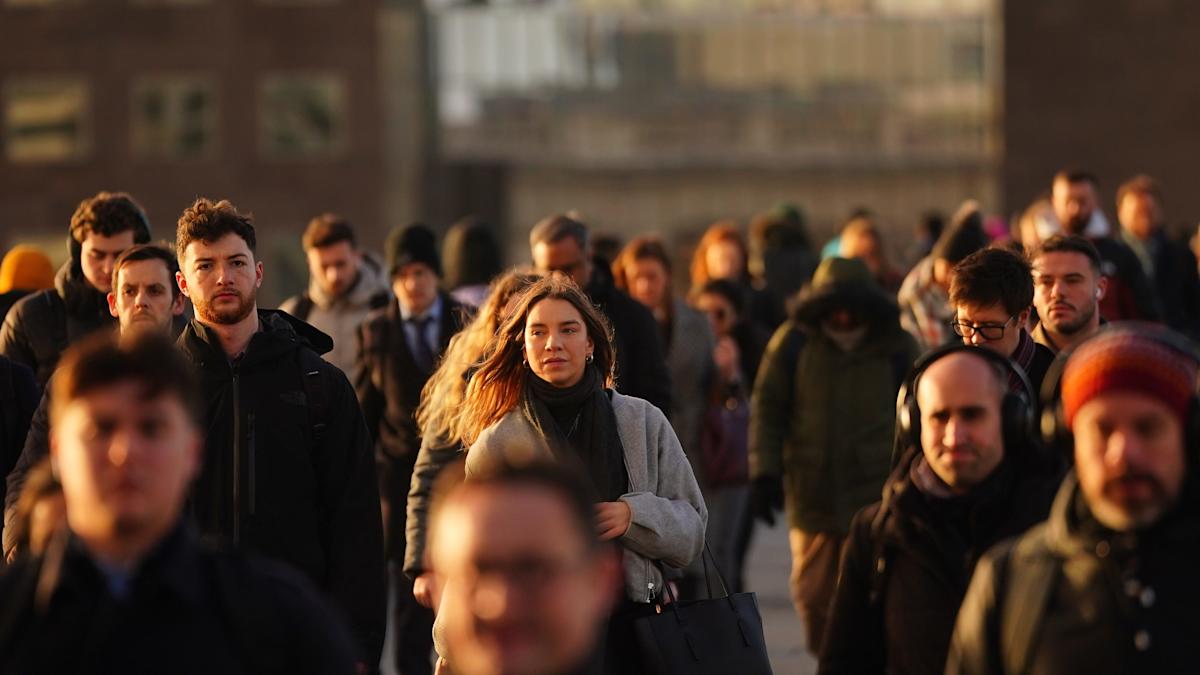Growth in the UK economy slowed in the second quarter of this year amid pressure from tariff uncertainty and tax increases, new official figures show.
The Office for National Statistics (ONS) said gross domestic product (GDP) grew by 0.3% for the quarter after 0.7% growth in the first three months of the year.
However, the figure was stronger than the 0.1% level widely expected by economists after an uptick in activity in June and revised data for earlier in the quarter.
Chancellor Rachel Reeves said Thursday’s fresh data for April to June was “positive” but added that there is “more to do” to drive growth in the economy.
The latest figures showed the UK economy grew by 0.4% in June.
ONS director of economic statistics Liz McKeown said: “Growth slowed in the second quarter after a strong start to the year.
“The economy was weak across April and May, with some activity having been brought forward to February and March ahead of stamp duty and tariff changes, but then recovered strongly in June.
“Across the second quarter as a whole, growth was led by services, with computer programming, health and vehicle leasing growing.”
Growth in June was also stronger than expected, bouncing back after two consecutive months of decline.
The month was boosted by a “strong” performance for scientific research and development, engineering and car sales.
Within the production sector, there was a strong growth in the manufacturing of electronics.
June’s 0.4% reading comes after the economy contracted by 0.1% in both April and May.
The ONS confirmed that April’s economic decline was weaker than expected after receiving more data, having originally estimated a drop of 0.3% for the month.
Ms Reeves said: “Today’s economic figures are positive with a strong start to the year and continued growth in the second quarter.
“But there is more to do to deliver an economy that works for working people.”
The slowdown in the economy could increase the likelihood of interest rate cuts by the Bank of England, but will also pose a challenge for Ms Reeves, who has hoped that accelerating growth can help support Government spending plans.
Story Continues
Sanjay Raja, Deutsche Bank’s chief UK economist, said: “Against wide expectations that the economy would just about stall in the second quarter, the UK economy surpassed our forecasts yet again.
“Underneath the surface though, there’s much to be desired. The biggest contributor to GDP growth came via government spending.
“What disappointed? For starters, household spending – the growth engine of the UK economy nearly stalled, coming in at a paltry 0.1% quarter-on-quarter.”
